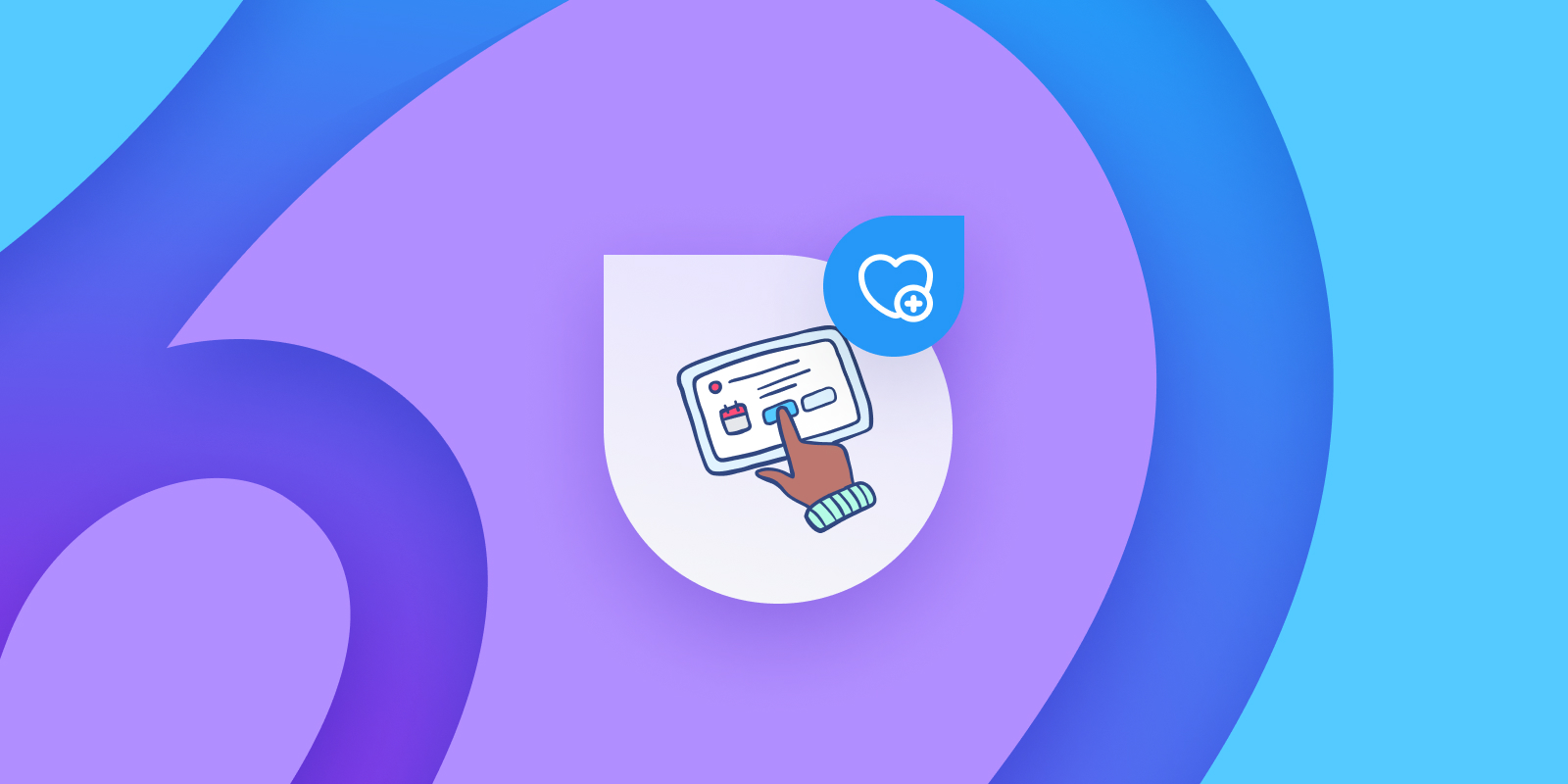Hamilton Family Health Team and the DA VINCI Project for mental health
Using Ocean Tablets to streamline data collection and provide personalized, patient-centred care in a group setting
The Hamilton Family Health Team is the largest family health team in the province of Ontario. Comprised of over 160 family doctors and over 250 other health care workers, they provide excellent, comprehensive and collaborative primary health care to over 300,000 patients in the city of Hamilton and the surrounding area.
The Challenge
The Hamilton Family Health Team is the largest family health team in Ontario. Comprised of over 160 family doctors and over 250 other health care workers, they provide excellent, comprehensive and collaborative primary health care to over 300,000 patients in the city of Hamilton and surrounding area.
Hamilton FHT was one of eight locations selected to pilot the Centre for Addiction and Mental Health’s (CAMH) new integrated care pathway for major depression and alcohol dependence. DA VINCI stands for “Depression and Alcoholism Validation of an Integrated Care Initiative.” The goal of the project is to improve patient outcomes by treating concurrent diagnoses through evidence-based pharmaceutical intervention and coordinated care plans.
Due to their size and scale of their treatment program and their available resources, Hamilton FHT decided to adapt the 16-week outpatient hospital-based program into a 17-week shared care group model. With this format, psychiatrists could individually meet with patients during group check-ins and adjust prescriptions based on their progress.
Jesse Lamothe, the former Quality Improvement Decision Support Specialist (QIDSS), and Brad Laforme, the Substance Use Councillor, implemented Ocean Tablet technology as an innovative way to streamline data collection in real time and provide personalized, patient-centred care in a group setting.
The Solution
As part of the pilot, patients were required to complete a list of health scales prior to, and throughout treatment. In the shared care group model, Ocean Tablets were used to display questionnaires including but not limited to the PHQ-9, QIDS, and AUDIT.
Ocean’s extensive collection of clinical forms meant many forms were readily available in a digital format. However, to comply with CAMH’s guidelines for the collection of personal health information (PHI), the HFHT team needed to adjust the form outputs and in some cases create entirely new forms.
Using the Ocean eForm Builder, Jesse and his team were able to modify existing and create new forms that met the needs of their program, while adhering to CAMH’s standards for data collection. With a user-friendly interface and a side-by-side preview of how results appear as a clinical note in the EMR, Jesse could test his forms while building them.
“I think the preview is fantastic. When you’re editing the form, it shows the preview. Not having to write my form, complete it, test it, send a message to the EMR, see the output, then go back to change my work but rather seeing the preview in real time was great.“
– Jesse Lamonthe, Former QIDSS
For the psychiatrists, Ocean Tablets offered another benefit: direct EMR integration giving them the ability to access patient results immediately after completion.
How It Works
- Patients fill out questionnaires and forms on the Ocean Tablets bi-weekly, and the results are downloaded into the patient chart.
- Once the patients finished their mood scales on the tablet, the form logic automatically calculated, imported, and tracked the scores into the patient chart.
- Psychiatrists were able to view and discuss results immediately with the patients, streamlining dosage adjustments and progress tracking.
- As a result, program administrators spent more time improving the patient experience and strengthening the impact of their group therapy sessions, rather than compiling paper and trying to manually calculate scores.
Ocean Outcomes
Overall, the group format was a huge success for Hamilton FHT and they saw some of the highest baseline improvements across all of the project sites. Because patient data was recorded and tracked electronically, they could easily compare patient baselines to their final results at the end of 17 weeks.
In the end, Hamilton FHT was able to condense what would have been hundreds of paper forms and taken hours of manual work and calculations with an easy-to-use, digital tablet solution.
After Hamilton FHT presented their treatment methods and outcomes to the rest of the pilot sites, the others expressed an interest in using tablet technology, especially since they had gone through so much paper with the traditional format of the program.
Outside of the study, Hamilton FHT continues to use Ocean technology to deliver comprehensive and high-quality healthcare to their patients.
“Had we not have the option to pitch Ocean, it would have been much more resource intensive. The reason for groups was because of our scale and organization, but I’d say the Ocean product definitely attributed to the success of the format. If we had done paper versions, at the end of the program, we might not have been able to say, ‘Yes that went well, let’s do it again.“
– Jesse Lamonthe, Former QIDSS
Results
Time-saving: Ocean tablets automatically tabulated patient responses, which saved facilitators from manually updating patient records and performing calculations. This allowed for streamlined interactions between psychiatrist and patient.
Sustainable: The Ocean platform digitized the information collection process and reduced the amount of unnecessary paper forms and the storage space it would have taken up.
User-friendly: Ocean’s eForm builder made it easy for Jesse and his team to modify and create customs forms. Patients unfamiliar with technology said it was an easy learning curve and intuitive to use.
